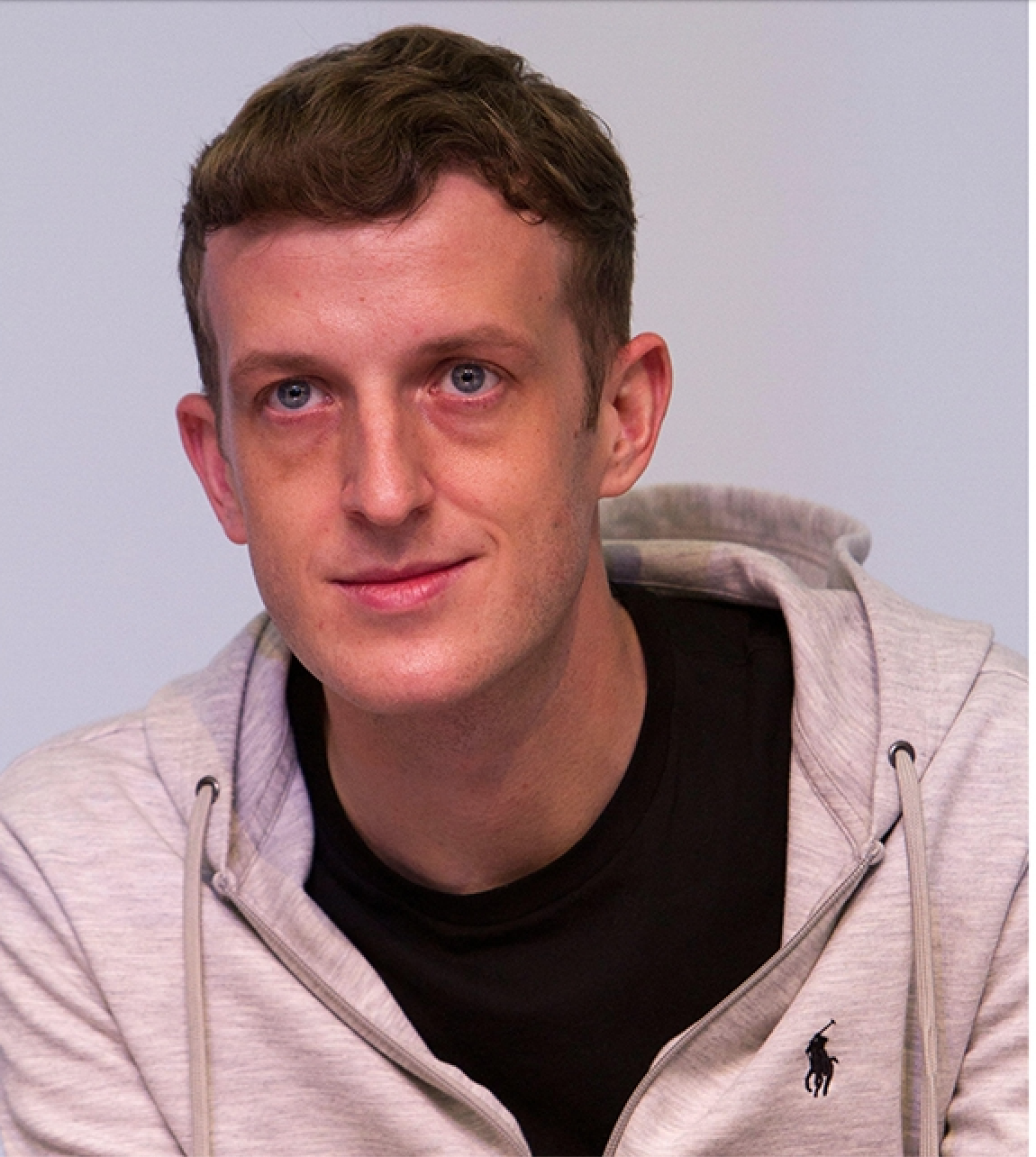 CHANGE
CHANGE
by Édouard Louis
Translated by John Lambert
Farrar, Straus & Giroux
256 pages, $27.
EDOUARD LOUIS’ memoir Changer: Méthode, published in France in 2021, has recently been translated into English by John Lambert under the title Change. The work functions as a sequel to The End of Eddy, Louis’ inaugural autobiographical novel, which I reviewed in these pages in 2017 (Sept.-Oct. issue). At that time, I made a connection between the French presidential election of that year, the rise of the extremist right-wing National Front party headed by Marine Le Pen, and the homophobic, xenophobic, and Islamophobic population depicted in the memoir. Since then, the presidential election of 2022 pitted the same two candidates against each other (sound familiar?) with Emmanuel Macron as the eventual winner. Similarly, Louis’ new installment stages some of the problems already depicted in The End of Eddy, giving the reader a serious dose of déjà vu.
That said, whereas the first book concentrated on Louis’ life as a child in a depressed town in northern France, Change shifts the focus to his trials and tribulations as he moves into a higher socioeconomic class thanks in part to his educational journey, which takes him to Amiens and eventually to the prestigious École Normal Supérieure in Paris. After two short prologues, three main sections—“Elena,” “Didier,” and “Short letters for a long farewell”—present fictional conversations with important characters who support him during his transformative journey.

Just as the title implies, the main subject of the book is the metamorphosis undertaken by Eddy Bellegueule as he escapes his working-class background to become a member of the bourgeoisie, a change accompanied by a more acute sense of his own sexuality as a gay man. The French title emphasizes the act of change as deliberate, the word méthode suggesting a “how-to” guide for self-improvement. The painful stages of this all-encompassing transformation are described in great detail. It is not only physical—Louis changes the way he laughs, his clothes, his crooked teeth—but also psychological. In order to join the upper classes, Louis has to abandon his way of being in the world, eating the right foods, using utensils in a certain way, reading the right books. But above all he has to adopt a new mentality. The most dramatic act is the official change of his name from Eddy Bellegueule to Édouard Louis, effectively repudiating his parents and background.
Given that class consciousness is at the core of the book, it’s not surprising that Louis draws constantly on sociological sources to trace his social ascendancy. In this sense, he inscribes the work in a long line of French authors interested in the intersection of sociology and autobiography, such as Annie Ernaux—who was awarded the 2022 Nobel Prize in Literature—and Didier Eribon, one of the main characters in Change, who acts as a mentor and intellectual model for Louis. In fact, class structure is so insidious that it permeates every fiber of Louis’ being: “my body was the hardest part of me to control, the one I couldn’t force to lie, the concrete materialization of my past, my past made blood, flesh, and bone.” Photos showcasing his transformation pepper the narrative with veridical sources, thus highlighting the autobiographical nature of the work. At the same time, the memoir as genre rooted in individual truth is undermined throughout, as details are left out or memories questioned. When meeting Didier for the first time, Louis writes that he went with Elena to hear the lecture only to negate this memory in a footnote: “In fact I didn’t go to the lecture with Elena but with another friend. … I prefer to substitute Elena for him in the story, for the sake of coherence.” The constant interplay of fact and fiction mirrors the reality of Louis, whose journey through the class system in France reflects the same ambiguity and imposture.
Louis’ sexuality plays a pivotal role in his metamorphosis as he conflates his passing from one class to another with his quest for sex with men: “In making love with a man I rejected all the values of my milieu. I became bourgeois.” The intersection of a gay lifestyle and a bourgeois ethos is placed front and center throughout the autobiography, as if gay men could exist only outside of the lower class. Some of his sexual partners in fact belong to the upper echelons of society, which makes them particularly attractive to Louis: “I realize now that I always singled out the men who looked the most distinguished, the ones who seemed the richest; my social desire blended with my sexual desire.”
The work ends literally where The End of Eddy begins, with the latter’s publication featured in Change as the culmination of Louis’ emancipation from the his working-class background. And yet, despite the triumphs he describes, he still wonders: “Am I doomed always to hope for another life?” The hard lesson learned in Change is that change is never what it’s cracked up to be: As we fulfill our dreams, the elusive goalpost of happiness keeps receding further toward an unreachable horizon.
Eduardo Febles is a professor of French literature in the Dept. of Modern Languages at Simmons University.





